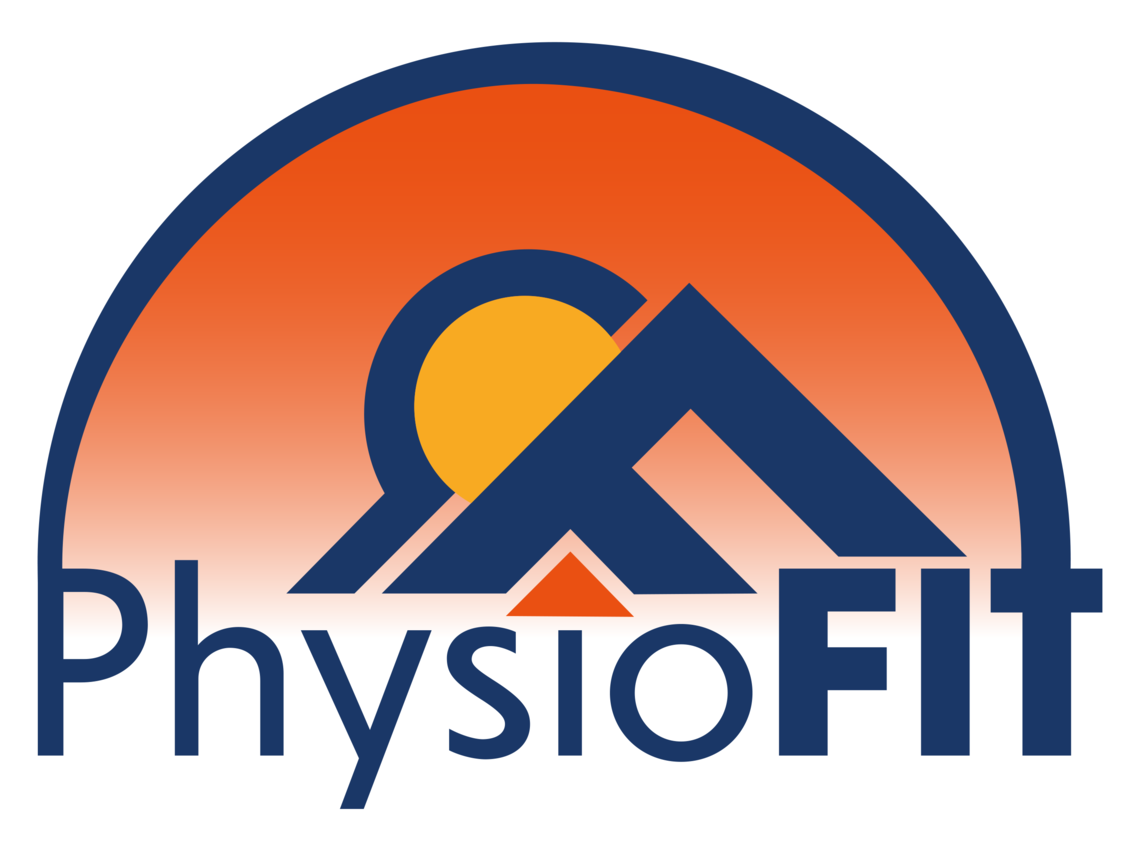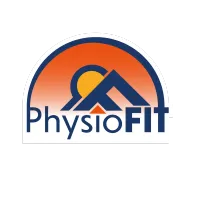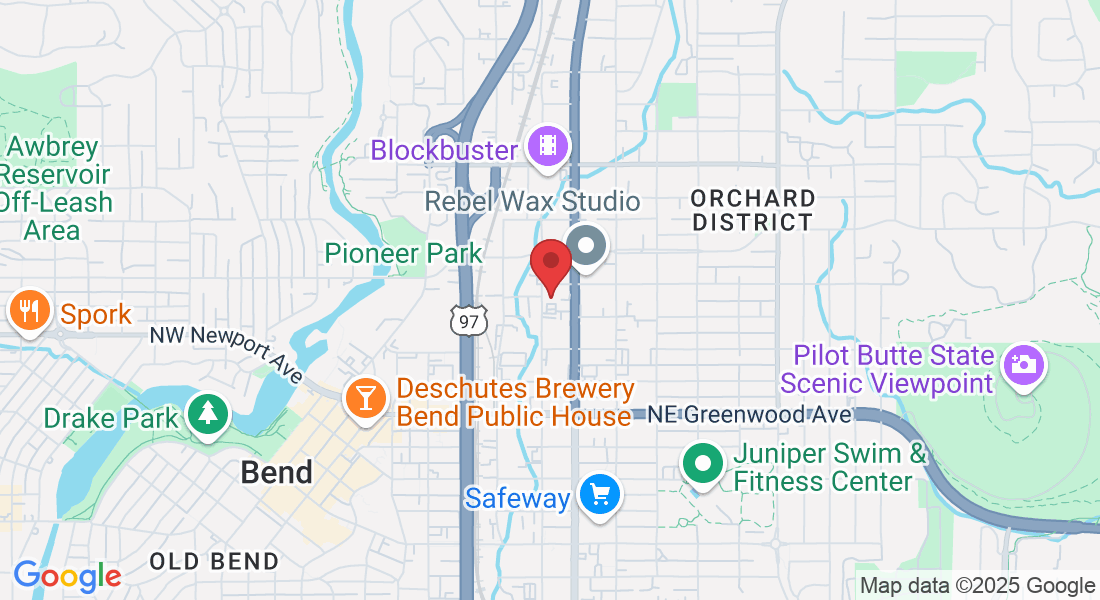PhysioFITNESS
Fitness Injuries: Recover & Recondition With Physical Therapy
Unlock Your Athletic Potential with Effective Rehabilitation for Fitness & Sports Injuries: At PhysioFIT, we understand the frustration and setbacks that sports injuries can cause, impacting athletes' seasons, games, and even their careers. Whether you're an athlete, a fitness enthusiast, doing Crossfit, or just someone who enjoys staying active, our dedicated team of physical therapists is here to provide expert care and help you recover from injuries, regain strength, manage pain, and prevent future problems. Don't let injuries hold you back—schedule an appointment today and take the first step toward getting back in the game.
What You Should Know
According to the National Institutes of Health, the prevalent types of fitness injuries most often include:
Knee Injuries & Sprains
Shin Splints & Strains
Swollen Muscles, Fractures, & Dislocations
A proper diagnosis of a fitness or sports injury involves a thorough evaluation from a professional.
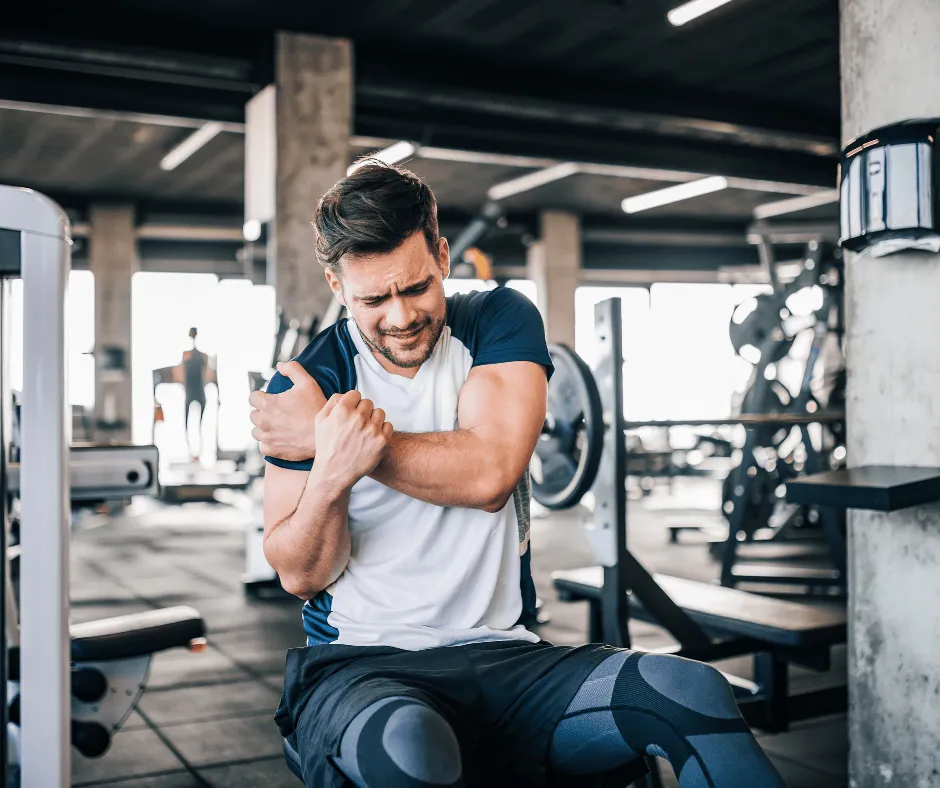
What are the Most Common Ways Athletes Get Hurt?
Depending on the nature of the sports activities in which athletes participate, they may face the possibility of encountering different types of injuries. The human body is subjected to unique stresses and demands during various sports, making certain injuries more prevalent in specific athletic pursuits.
By understanding the specific injury profiles related to their sports, athletes can implement targeted training strategies, adopt proper techniques, and seek professional guidance to reduce the risk of injury and optimize their performance on the field or court.
Ankle Injuries: Athletes who engage in activities involving frequent running are susceptible to ankle injuries. Rolling or twisting the ankle can lead to strains or tears in the connective tissues.
Pulled Muscles: Overusing tired muscles, especially after prolonged workouts or performances, can cause them to stretch or tear. This commonly occurs in various areas of the legs due to the constant running, jumping, and quick changes of direction required in most sports.
Shin Splints: Extended periods of running can result in inflammation of the muscles and connective tissues surrounding the shin.
Knee Injuries: A sudden twisting or improper bending of the knee can cause ligament sprains.
Tennis Elbow: Officially known as tendinitis, tennis elbow occurs when the muscles and connective tissues around the elbow become inflamed from repetitive use.
Hip Flexor Strain: The hip flexor muscles, located on the upper-front side of the thigh, play a significant role in lifting the knee towards the trunk and assisting in leg movements. Weakness or stiffness in these muscles can be caused by prolonged sitting or poor posture. Sports-related injuries to the hip flexors can occur during activities such as sprinting, running on inclines, and sudden starts and turns.
In addition to joint, muscle, and bone injuries, concussions have become a prominent concern in sports. A concussion is a traumatic head injury that may result in severe headaches, altered levels of alertness, or even loss of consciousness. It can occur when the head is struck by a moving object or hits a solid surface.
Concussions are among the most challenging injuries to manage in sports today, and physical therapy plays a crucial role in the multidisciplinary approach to their diagnosis and treatment.
If any of this information resonates with your current situation, we urge you to schedule an appointment with us immediately. Don't let hip pain diminish your life quality - allow us to help you embark on the path to relief today.
Please Note: The information provided on our website is intended for general education and is not a substitute for professional medical advice. Each individual's situation and body is different. Therefore, what may work for one person may not work for another. We care about your well-being and advise you to reach out to us to discuss your specific needs before implementing any advice from our website.
Client Testimonials
Performance Programming
What is Performance Programming?
At PhysioFIT, our Performance Programming is designed to take your abilities to new heights. Whether you are a seasoned athlete or just occasionally active We offer a comprehensive personal training program that focuses on enhancing your overall physical performance. From beginners to professionals, our customized approach ensures that your training aligns with your specific goals.
Our performance programming, aka performance coaching, encompasses a wide range of exercises that target various aspects of your level of athleticism, including mind-body connection, mobility, stability, strength, endurance, power, speed, agility, and overall performance. Through a very personalized combination of exercises, we aim to improve your strength, endurance, technique, and overall physical performance. Our expert team of personal trainers and physical therapists in Bend will work closely with you to develop a personalized program that caters to your unique body, abilities, and lifestyle.
With our Performance Programming, you can expect to see improvements in your physical performance, reduce the risk of injuries, and enhance your strength and overall mobility. It's not just for elite athletes but also beneficial for individuals of all ages and abilities who want to improve their health, maintain an active lifestyle, and unlock their body's full potential.
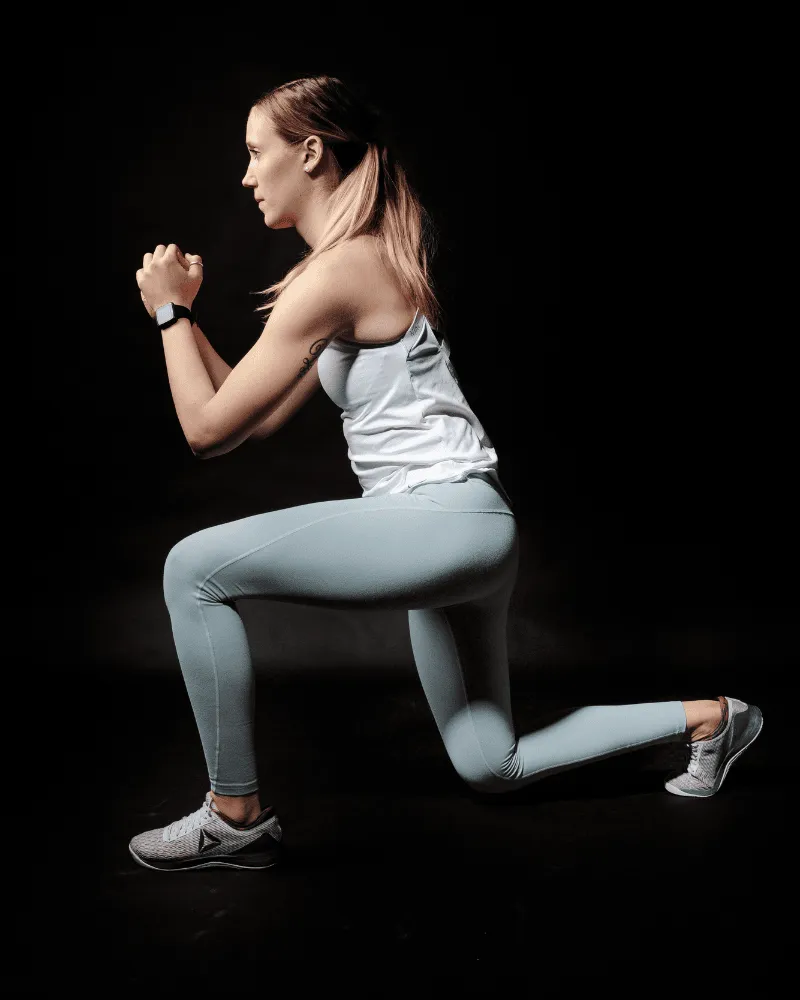
The Benefits of Performance Programming
Enhanced Physical Performance: Our Performance Programming is designed to optimize your fitness abilities and take your performance to the next level. Through targeted exercises and specialized training techniques, you can improve your strength, endurance, speed, agility, and overall physical performance.
Injury Prevention: Our program includes exercises that focus on building strength, stability, and proper movement mechanics, which can help reduce the risk of fitness-related injuries. By improving your body's resilience and addressing any muscle imbalances or weaknesses, you can enhance your ability to withstand the physical demands of your lifestyle.
Technique Improvement: Our expert trainers and physical therapists work closely with you to fine-tune your technique and movement patterns. By providing personalized feedback and guidance, we help you optimize your form, maximize efficiency, and improve your overall technique, leading to better performance and reduced risk of injuries.
Tailored to Your Needs: Performance Programming at PhysioFIT is customized to your specific body, abilities, and goals. We take into account your specific lifestyle demands, current fitness level, and any limitations or considerations you may have. This personalized approach ensures that you receive the most effective training plan that is tailored to your unique needs.
Your Source for All Things Physical Therapy in Bend Oregon
The PhysioBlog

Why Every Golfer Would Benefit From a TPI Assessment for Better Performance
Why Every Golfer Would Benefit From a TPI Assessment for Better Performance
Imagine you’re a mid-handicap golfer in Bend, Oregon. You love teeing off at Tetherow but notice your slice is back or your back twinges after 15 holes. You’ve heard about the Titleist Performance Institute (TPI) but have no idea what it is or how it could help your game. In this article, we’ll walk through everything you need to know about a TPI Golf Assessment, what it involves, why it matters for your swing, and how a local Bend physical therapy clinic like PhysioFIT Bend can use it to fine-tune your body and fuel your scores.
What Is a TPI Golf Assessment?
A TPI Golf Assessment is a 16-point physical screening developed by the Titleist Performance Institute. Instead of tweaking your grip or swing plane first, TPI looks at your body’s flexibility, strength, balance, and stability, all in relation to the golf swing. Think of it like a mechanic inspecting your car’s suspension, brakes, and steering before tuning the engine. If your hip rotation is tight or your core lacks stability, no amount of swing drills will fix the real issue.
Why Bend Golfers Should Care
In Central Oregon we’re spoiled with golf on the high desert, from Pronghorn’s immaculate greens to the tree-lined fairways of Awbrey Glen. Yet that altitude, crosswinds, and frequent trail running can leave your body misaligned for the perfect swing. A TPI Assessment pinpoints precisely where your body is holding you back, so you can hit farther, straighter, and play pain-free rounds.
The 16-Point Screen: What Gets Tested
During your TPI Golf Assessment at PhysioFIT Bend, a certified TPI professional will guide you through these key tests:
Overhead Squat Pattern
Measures ankle, hip, and thoracic spine mobility along with core stability.Seated Rotation
Assesses torso turn independent of hips—critical for coil in your backswing.Pelvic Tilt
Evaluates low-back flexion and extension control to prevent pain.Single-Leg Balance
Tests proprioception and ankle stability essential for follow-through.Bridge Movement
Gauges glute activation and hip extension power for solid drives.Straight Leg Raise
Checks hamstring and calf flexibility to support posture.Thomas Test
Looks at hip flexor tightness that can limit your swing arc.Trap-Stretch
Measures upper-body extension and shoulder function for a full finish.Core Stability
A series of plank variations to establish a stable rotation axis.Quad Strength
Single-leg squat depth and control for lower-body power transfer.Thoracic Rotation
Seated or standing twist to test upper-back mobility separate from hips.Shoulder Mobility
A-arm reach tests to uncover restrictions in lead-arm extension.Hip Rotation
Internal and external rotation range that drives hip turn and weight shift.Ankle Dorsiflexion
Measures ankle bend to ensure proper hinge at address.Glute Bridge Endurance
Holding a bridge to fatigue to see if endurance drops mid-round.Cervical Spine Function
Neck rotation and tilt to keep your head stable throughout your swing.
Each test is scored, and your TPI-certified therapist will highlight limitations and strengths in a personalized report.
What to Expect During Your Assessment
A typical TPI session at PhysioFIT Bend takes 30 minutes:
Intake & Goals: Quick survey of your swing history, injuries, and performance targets.
Screening: Guided through all 16 tests—no swinging clubs, just movement.
Results Review: Clear explanation of findings with local analogies (“Your hip rotates like a rusty gate, let’s oil those hinges.”).
Action Plan: Customized exercise program with step-by-step drills to address your specific needs.
Access to the TPI client app where you can find your exercise plan (with videos) and track your progress!
How a TPI Assessment Improves Your Game
By fixing physical limitations first, you’ll notice:
Increased Clubhead Speed: Better hip and core function means more power behind every swing.
Greater Consistency: Improved balance and coordination reduce mishits and errant shots.
Reduced Pain & Injury Risk: Correcting imbalances protects your back, shoulders, and knees.
Boosted Confidence: Knowing your body is optimized lets you focus on strategy and course management.
Sample Golf-Specific Exercises
Here are drills you might receive after your assessment:
Hip-Opening Lunge with Rotation: Frees tight hip flexors.
Medicine Ball Rotational Throws: Trains power transfer through torso.
Single-Leg Romanian Deadlift: Builds glutes, hamstrings, and balance.
Wall Angels: Enhances upper-back mobility for a full finish.
Banded Ankle Mobilizations: Improves your address hinge mechanics.
Aim to perform these 3 to 4 times weekly, then test changes on the practice tee.
FAQ
What does a TPI Assessment involve?
You’ll complete 16 movement tests covering flexibility, strength, balance, and rotation to identify limitations affecting your swing.Do I need to bring golf clubs?
No. The focus is on body movement. Wear comfortable athletic clothing and shoes.How soon before a tournament should I schedule?
Schedule at least 6 to 8 weeks ahead to implement corrective drills and integrate swing changes.Is it painful?
Tests are gentle; any discomfort comes from existing tight or inflamed areas, and your therapist adjusts accordingly.Who benefits?
All ages and levels, junior golfers, weekend warriors, and seniors alike reap the benefits of optimized movement.How often do you re-screen?
Annual re-screening is ideal, or sooner if you notice new aches, swing changes, or after off-season training.Is it covered by insurance?
Coverage varies. Contact your provider, and we can supply required billing codes.Can I do exercises solo?
Yes, but we recommend at least two follow-up sessions to ensure proper form and progression.What about existing injuries?
TPI can flag and adapt tests for injuries in rehab, keeping you safe and on track.How do I book my screen?
Call 541-797-5800 or visit www.PhysioFITBend.com and click “Make an Appointment” with our TPI Certified Pro, Michael Hernandez.
Ready to take your game to the next level? Book your TPI Assessment at PhysioFIT Bend and unlock your full potential on Central Oregon’s premier courses. Your best round yet is just one screen away.
Copyright PhysioFIT 2025 . All rights reserved
